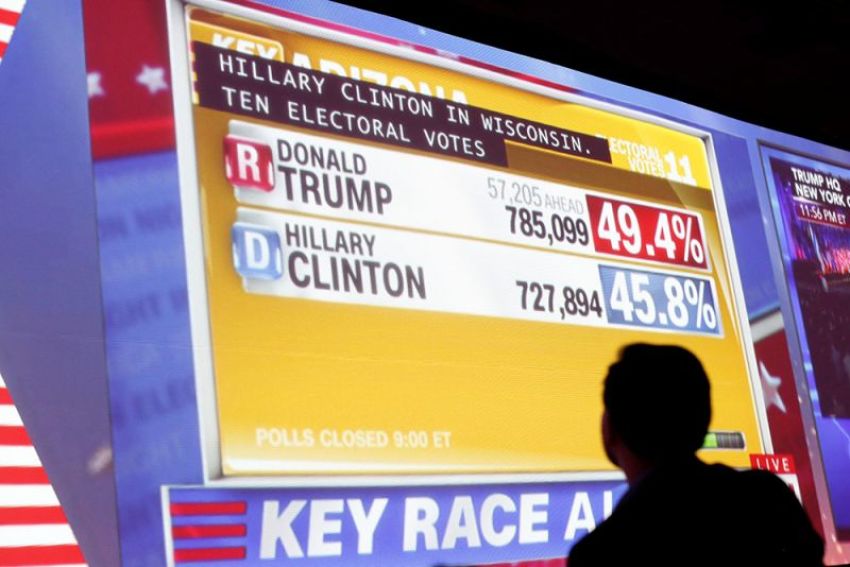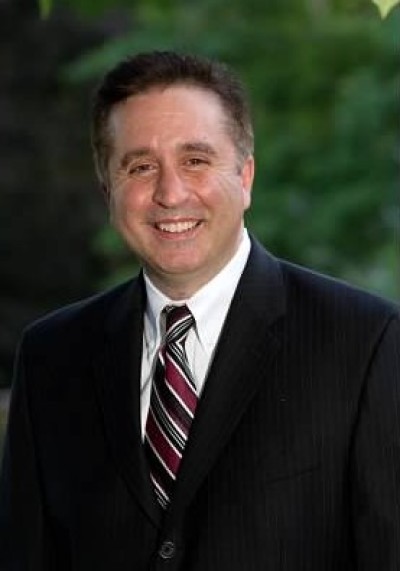Keep the Electoral College

With the presidential election behind us and a convincing win for president-elect Trump in the Electoral College, it isn't surprising that many on the left are now calling for the college's elimination.

In April of 2014 New York Governor Andrew M. Cuomo signed the National Popular Vote (NPV) bill to change New York's participation in the Electoral College. New York's 33 Electoral College votes will be granted to the winner of the national popular vote in a presidential election, rather than to the winner of New York's popular vote. The bill would take effect if similar bills are passed in enough other states to represent a majority of Electoral College votes and form a compact. Unfortunately, if more states successfully join this effort, the Electoral College will eventually become irrelevant.
NPV proponents could better spend their time dealing with the nation's economy, jobs, and rising health care costs rather than unwisely working to alter a system that George Washington, Alexander Hamilton and John Adams helped to create.
First, the Electoral College promotes relative civility in our presidential elections. The dispute in Florida over balloting during the 2000 presidential election between George W. Bush and Al Gore, for example, demonstrated why the Electoral College is worth keeping — not abolishing. Thanks to the Electoral College, the struggle was centered only in Florida and encompassed only that state's 25 electoral votes.
With a national vote differential of only 500,000 (less than a 0.5 percent) between the two candidates, a national popular vote Electoral College compact would have caused Florida's problems to appear minor in comparison. Both campaigns would have contested votes state by state, precinct by precinct, looking for a few thousand here and a few thousand there. That struggle would have taken place across America, rather than just in Florida.
The late Democratic senator from New York, Daniel Patrick Moynihan, once remarked about such a circumstance under a national popular vote agreement: "There would be genuine pressures to fraud and abuse. It would be an election no one understood until the next day or the day after, with recounts that go on forever, and in any event, with no conclusion, and a runoff to come. The drama, the dignity, the decisiveness and finality of the American political system are drained away in an endless sequence of contests, disputed outcomes and more contests to resolve outcomes already disputed. That is how legitimacy is lost."
Close presidential races are managed more effectively with the Electoral College.
Second, the Electoral College preserves federalism by giving candidates the incentive to campaign in lightly populated states. Notice New Hampshire or Iowa, which, although having comparatively few voters, see presidential candidates often. Under a national popular vote, candidates would appeal only to more populous states and cities by making promises to them, garnering enough votes there to win. The worries of rural voters and those not clustered in L.A., New York or Chicago, among other large cities, would not be considered. The Electoral College, however, forces candidates to understand different policy preferences state by state, both small and big.
Wyoming's three electoral votes, for example, have far more influence than the state's popular votes, giving that state relatively more sway in choosing the president.
Third, the National Popular Vote bill could disenfranchise New York voters. If this system existed in 2004, New York's 33 Electoral College votes would have gone to George W. Bush, winner of the national popular vote, even though our state overwhelmingly voted for John Kerry, 57.76 percent to 40.48 percent.
Again, Sen. Moynihan's convictions come to mind: "The president would be elected by a popular vote expressed through the states. That has been our principle ever since. It is the principle enshrined in the Electoral College."
Moynihan believed that power should never be given to an individual "save when it is consented to by more than one majority." Allowing 50 majorities to choose our president rather than one national majority provides more accountability, diversity, and balance.
If states consider any changes to the Electoral College, it should adopt the Congressional District Method, which would grant presidential candidates one Electoral College vote for every congressional district in which they win the popular vote. This idea further respects the individual vote, while maintaining the college's other important features. However, if Electoral College abolitionists insist on making the college irrelevant, they should work through the correct process of amending the U.S. Constitution.
President-elect Trump won the popular vote in enough states to secure the presidency. That's the way the founders intended it, and for good reason.



























